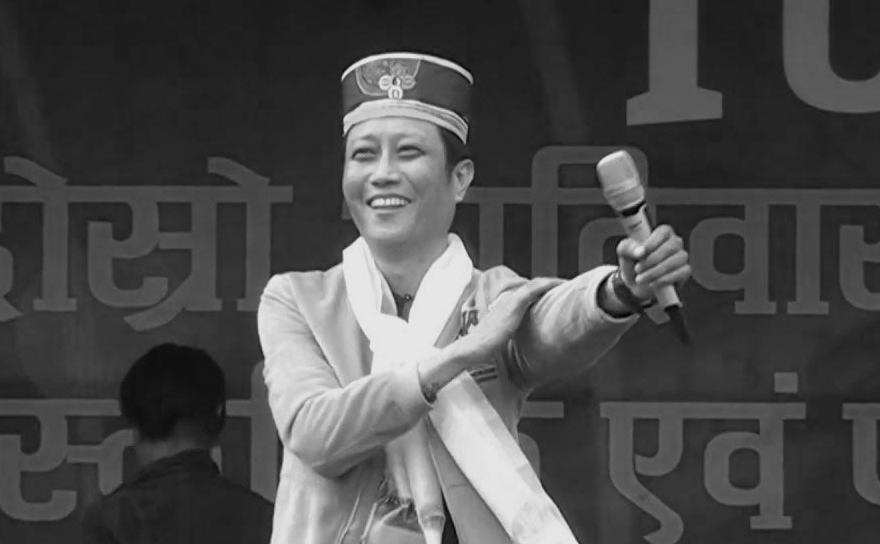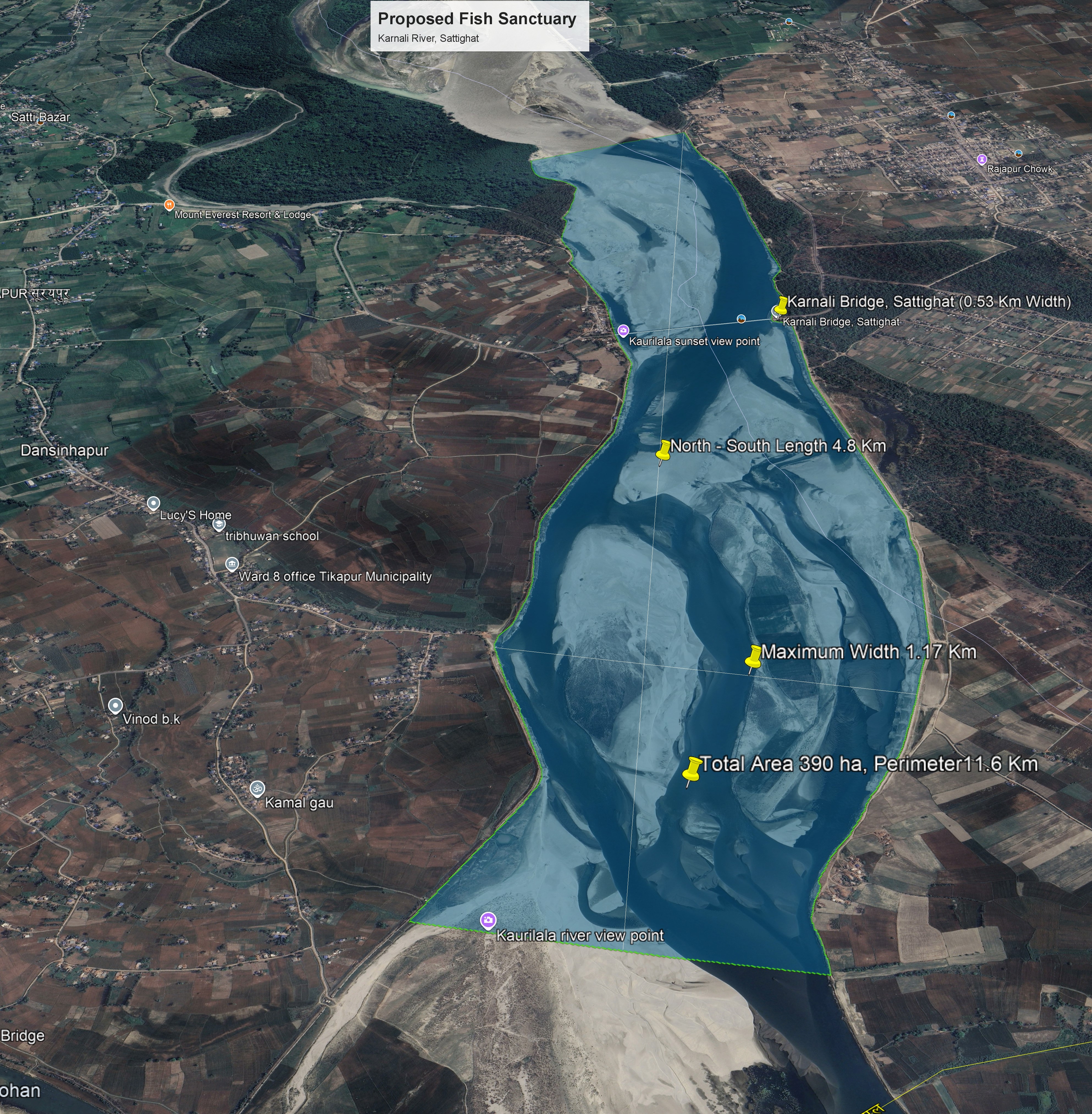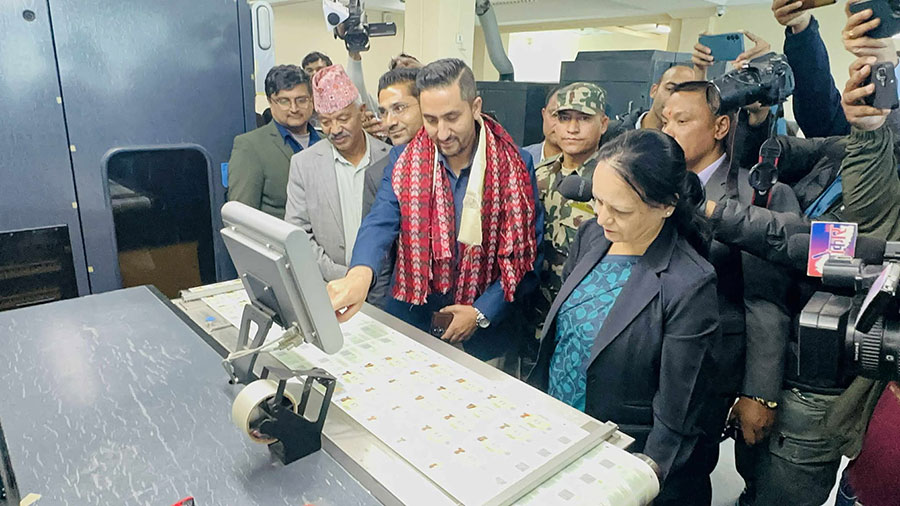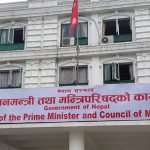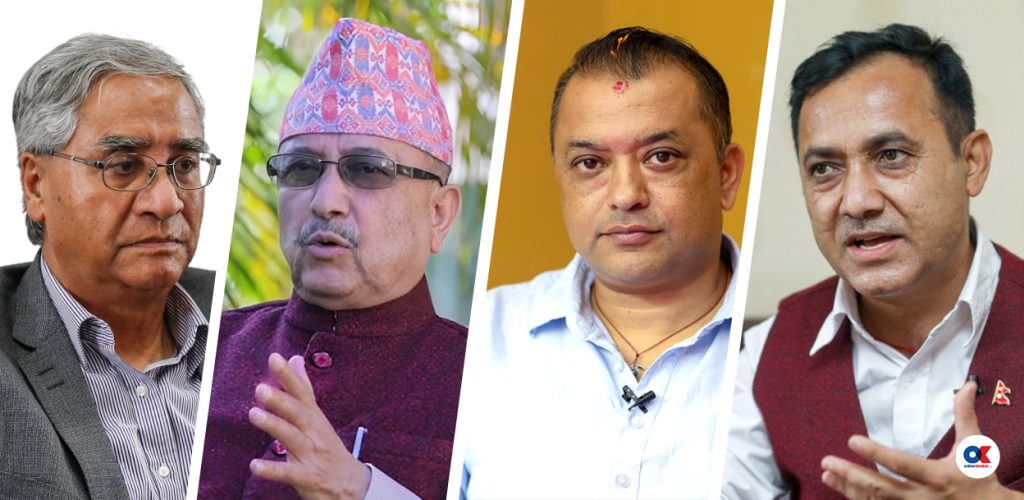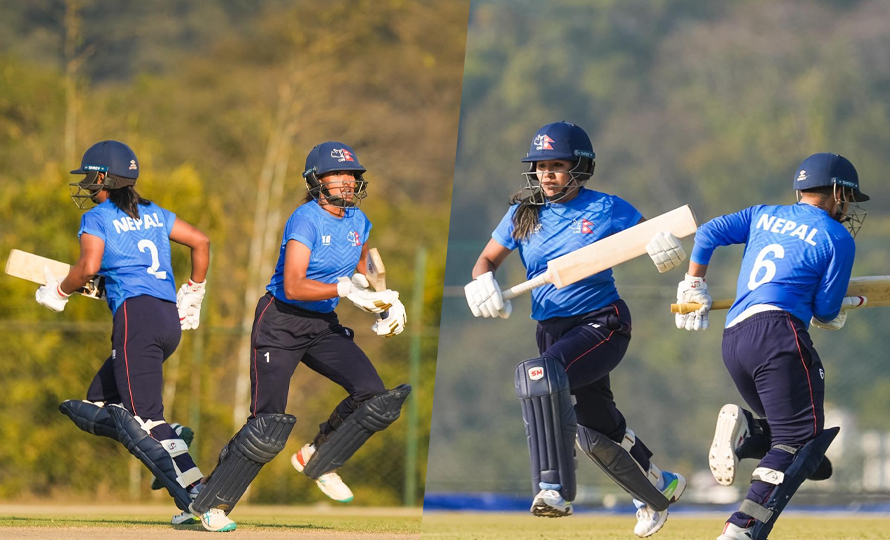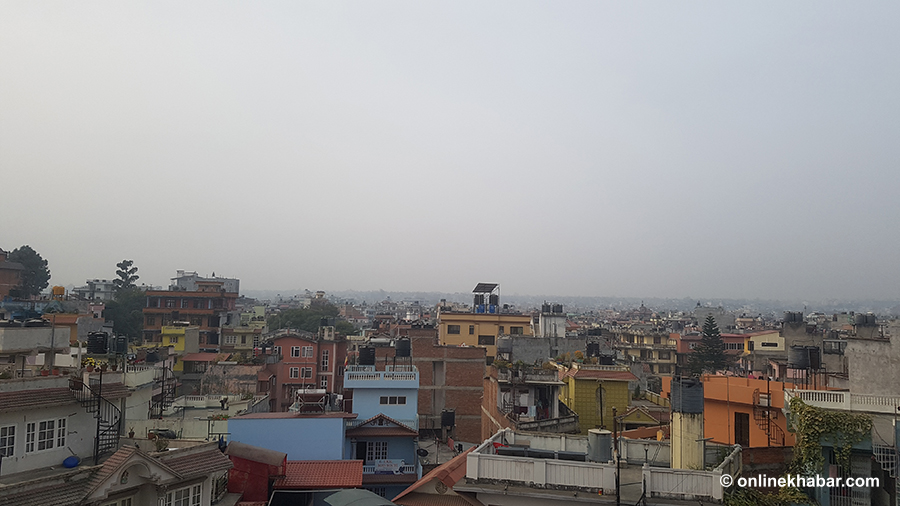
Kathmandu, August 18
The Nepal Citizenship (Second Amendment) Bill, which ensures a mother’s equal right to pass on citizenship by descent, has been endorsed by the Legislation Management Committee of the National Assembly.
Once the bill is converted into law, citizenship will be granted in the name of either the father or the mother, ending the father’s sole legal authority over descent.
Home Minister Ramesh Lekhak told lawmakers that under the amended provision, citizenship will be issued by mentioning the name of just one parent, either the mother or the father. “Our principle is the right to descent. Until now, descent has been recognised only through the father. With this law, we are acknowledging that descent can also be through the mother,” he said.
Lekhak clarified that it will not be possible to issue citizenship without including at least one parent’s name. “If someone does not wish to mention the father’s name, the mother’s name can be included, and vice versa. But one name must be there. Citizenship cannot be issued leaving both blank,” he stressed, adding that address details will also be mandatory to distinguish individuals with similar names.
However, lawmakers from the opposition and women’s rights advocates argue that the provisions still do not provide mothers full and unconditional rights. Former committee chairperson and CPN (Unified Socialist) lawmaker Jayanti Devi Rai said that while the bill takes a progressive step forward, restrictions remain.
She pointed out three key conditions imposed on mothers: the requirement of a self-declaration if the father’s identity is not disclosed; the need to prove the child’s birthplace in Nepal; and silence regarding children of Nepali women married to foreign men, even though foreign women married to Nepali men face no such hurdles.
According to the draft report, if a mother declares that the father’s identity is unknown or cannot be verified, the child will be eligible for citizenship through descent. But if the self-declaration is proven false, both the mother and child could face up to one year in prison, a fine of up to Rs 100,000, or both, and the citizenship obtained would be automatically revoked.
Rai criticised the discriminatory gap, “If the government truly recognised a mother’s equal right to descent, children of Nepali women married to foreign men would receive the same treatment as children of Nepali men married to foreign women. But that is not the case.”
Despite the controversy, the passage of the bill marks a significant step towards implementing the constitutional provision that allows citizenship to be issued in a mother’s name. The Ministry of Home Affairs has stated that the format for self-declaration will be determined by regulation.













